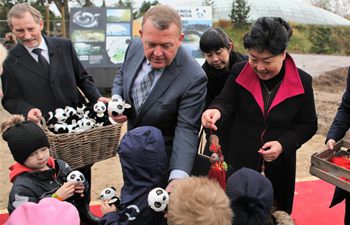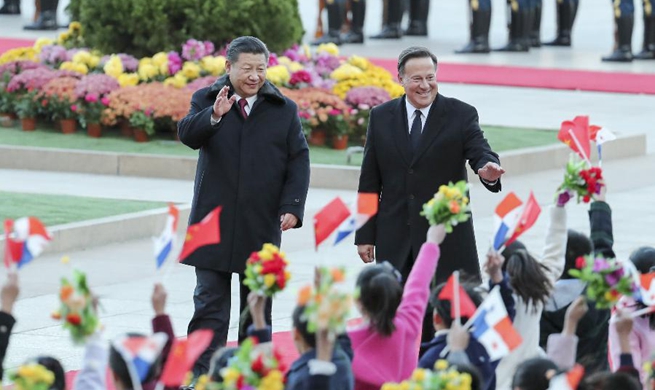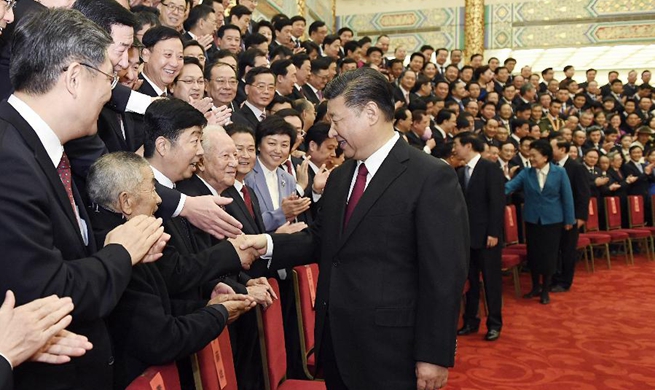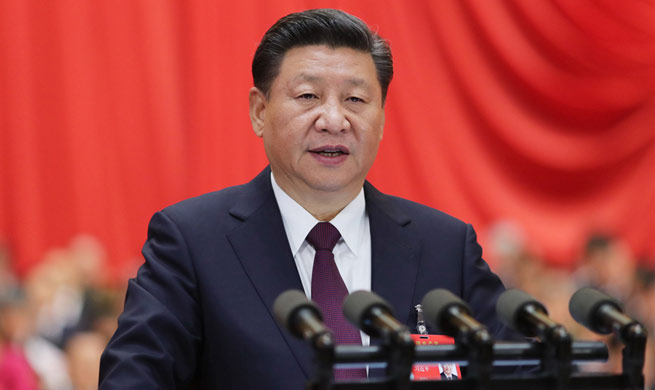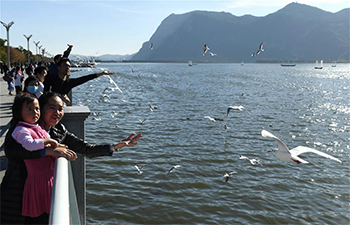NAKURU, Kenya, Nov. 17 (Xinhua) -- Sensitizing Kenyan communities on the value of women in political leadership would greatly bolster their inclusivity in the East African nation's governance, gender specialists said on Friday.
Jane Serwanga, a gender specialist at the UN, said in an interview with Xinhua that women have a higher chance of ascending into political leadership when their respective communities understand the value of their inclusion.
"It is very important to create community awareness on the role and importance of women in leadership because their participation is very crucial in many aspects," Serwanga remarked.
"For instance we are doing a lot of work with community elders in Turkana county (northwest Kenya) because at the end of the day the community has to be made aware that the women add value and they need to support them," she added.
Although notable progress has been made in narrowing the ratio of female to male elected leaders into Kenya's legislative assemblies, the specialists emphasized the importance of continuously educating the women on how to capitalize on existing affirmative policies to take up various elective positions.
For the first in history, three women were elected as governors in the Aug. 8 general elections thus serving as governors or head of counties, the regional governments under the current Kenyan Constitution.
At the same time, three counties from Rift Valley and Northeastern regions each elected a female senator. There was none elected in the 2013 elections.
The number of women elected into the National Assembly equally rose to 23 from 16 while their numbers into the county assemblies similarly increased from 84 to 100, according to data from United Nations Development Programme (UNDP) Kenyan office.
Lucy Mulenkei, Executive Director at Indigenous Information Network, noted that communities offer the principal support system and network for women to achieve fair and equal participation in political leadership.
"Women have to gain support from the villagers. The people in the communities need to see the leadership capability of the women in order to support them," said Mulenkei.
She noted deficiency of information on governance structures and leadership skills among the women as some of the obstacles hindering women's rise into political leadership, adding that they need trainings in these areas.








